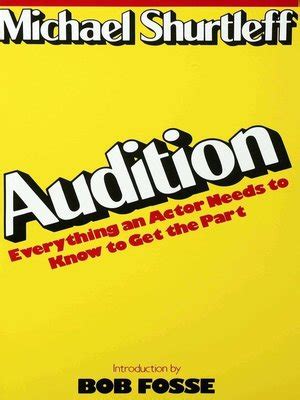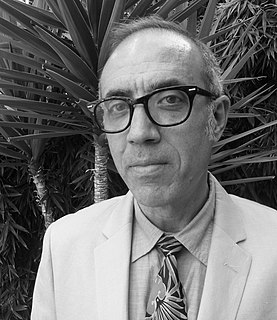A Quote by Jennifer Yuh Nelson
I don't believe in overcooking the actors too much. Especially when it's a real performance that I'm looking for.
Quote Topics
Related Quotes
To our real, naked selves there is not a thing on earth or in heaven worth dying for. It is only when we see ourselves as actors in a staged (and therefore unreal) performance that death loses its frightfulness and finality and becomes an act of make-believe and a theatrical gesture. It is one of the main tasks of a real leader to mask the grim reality of dying and killing by evoking in his followers the illusion that they are participating in a grandiose spectacle, a solemn or lighthearted dramatic performance.
I was really able to confirm something that I knew on some level before I'd made a film. The best actors know how to really relax. Because in film, a lot of the decisions are made in the editing room, so when you're trying to guide your performance too much - always it's a push and pull because you can't be too relaxed. Too relaxed and it's like, "What are you doing?" Too tense and it's not good either.
In this type of cinema, whether working with actors or non-actors, as much as you do direct them, if you allow yourself to be directed by them, then the end result will be much more pleasing. The real and individual strengths of the actors is allowed to be expressed and is something that does affect the audience very deeply.
I prefer to take actors and put them in real settings and real locations and real situations rather than create artificial locations that serve the characters. It's just much easier when you are walking down the street with your actors to do that in a real street that's still open with people on it, rather than to close it off and bring in extras.





































